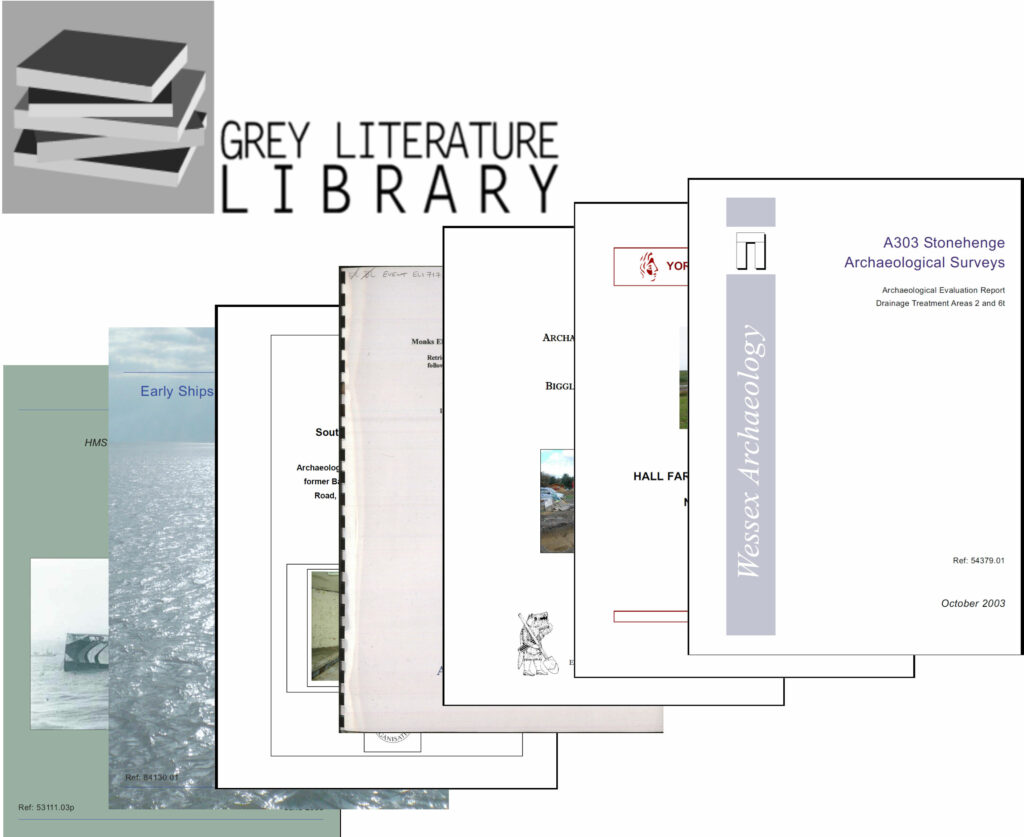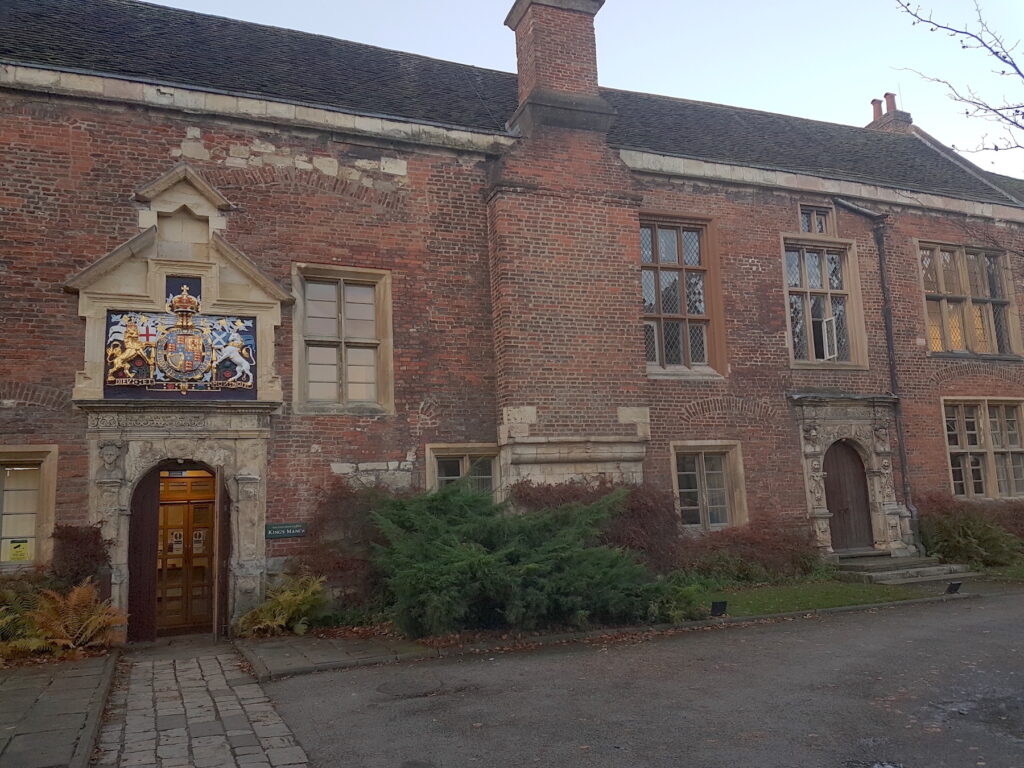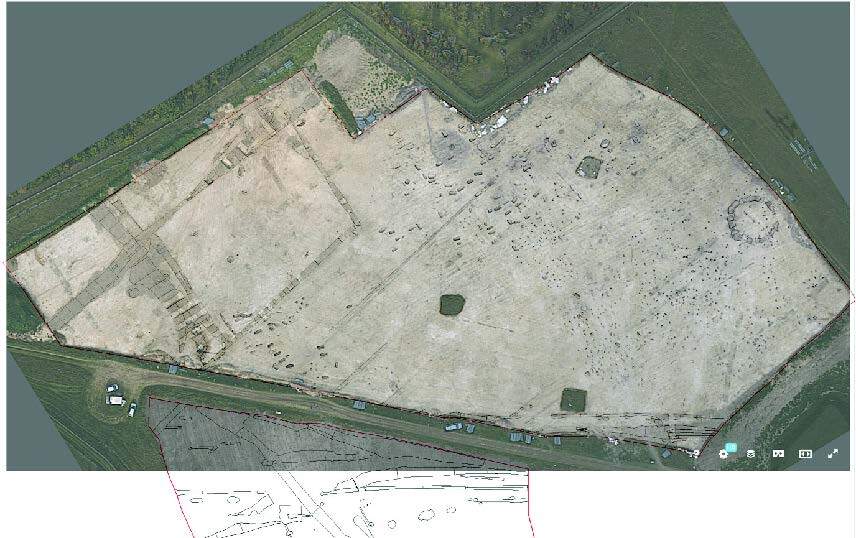Since April 2012 I have been fortunate enough to be the ADS lead in the Roman Rural Settlement of Britain project, undertaken by Mike Fulford and a small team at the University of Reading in collaboration with Cotswold Archaeology with funding from the Leverhulme Trust and English Heritage. For those unfamiliar with the project, the primary aim is to research both unpublished and published sources from excavations to write a new account of the rural settlement of Roman Britain. The settlement evidence from Roman England will be published in a book-length study and simultaneously online via an ADS interface in April 2015. An ongoing phase of analysis incorporating the settlement evidence from Wales and related finds and burial data will be added in 2016.
The latter is where I come in, and since the beginning of the project I’ve been involved in planning for the final archive and the best delivery of the research data-set. The role has been multifaceted; initially it was concerned with building a desktop database and GIS for data collection (not forgetting to create metadata for my own work!) and assisting the rest of the team with the holdings of the ADS catalogue. Latterly it has involved integrating reports in the ADS library, and building a bespoke interface for the research dataset.

The geospatial element of the interface is one I’ve particularly enjoyed, and the ADS use of Open Source alternatives (namely Geoserver and Openlayers) for the delivery of these data-sets has enabled what I hope is an attractive yet usable front-end, enabling the research data-set to be viewed against a range of cultural and geographical WMS layers as well as data from within our own archive. Indeed, one of the benefits of working alongside the project team at Reading has been the flexibility to design an interface within the timescale of the project itself, allowing the comparison of differing approaches and technologies, as well as and factoring in the wishes and observations of the team.
 In addition, one of the most interesting facets of this project, to me at least, has been the collation of perhaps all the unpublished reports pertaining to Roman rural settlement in England by the project team. This task has of course been made easier by the large numbers of reports held online by the ADS through OASIS but also other transfers of report libraries from organisations such as Lincolnshire County Council.
In addition, one of the most interesting facets of this project, to me at least, has been the collation of perhaps all the unpublished reports pertaining to Roman rural settlement in England by the project team. This task has of course been made easier by the large numbers of reports held online by the ADS through OASIS but also other transfers of report libraries from organisations such as Lincolnshire County Council.
There has, however, been a requirement for the team at Cotswold Archaeology to undertake searches of each HER for suitable reports, obtaining digital copies or creating scans where appropriate, and a debt of thanks must be expressed to all those organisations that aided in this endeavor. Part of my role has been contacting organisations or individuals for permission to reproduce these reports online. This has often involved a fair amount of detective work and scouring of the IfA members lists, but ultimately the response o these enquiries has been positive across the board. This cooperation shows not only the impact that the ADS Library as a research resource but also the willingness of fieldworkers to see their reports online for others to use. The project has collected almost 2000 of these reports, as well as several hundred already online via the ADS. Not only can these reports now be found via the traditional library interface, but searched by the very detailed terms used by the team at Reading – thus for example one can search for decapitated inhumations, fowl remains, or dragonesque brooches; hopefully enabling a new wave of specialised and focused research to build on the success of the current project.
Phase one of the online interface will be released on the 14th April 2015!
Find out more about the Rural Settlement of Roman Britain project
here: http://www.reading.ac.uk/archaeology/research/roman-rural-settlement/






Have you looked at Roman rural Herefordshire? More work needed here on Stretton Grandison and Blackwardine.